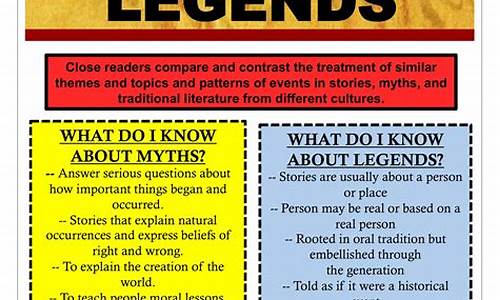Myths and Correct Ideas About Healthy Eating
Healthy eating is often surrounded by misconceptions and myths. Many people are confused about what constitutes a balanced and nutritious diet. With an overwhelming amount of information available, it is essential to separate fact from fiction to make informed decisions about food. In this article, we will explore some common myths about healthy eating and provide the correct ideas to help you adopt a healthier lifestyle.
Myth 1: All Fats are Bad
One of the most widespread myths about healthy eating is that all fats are harmful. However, fats are an essential part of a balanced diet. The key is to differentiate between healthy fats and unhealthy ones. Healthy fats, such as those found in avocados, olive oil, and nuts, are crucial for maintaining heart health and supporting brain function. On the other hand, trans fats and excessive saturated fats should be avoided as they contribute to heart disease and other health issues.
Myth 2: Carbohydrates Should Be Avoided

Another common myth is that carbohydrates should be eliminated from your diet to lose weight or stay healthy. Carbohydrates are the body’s main source of energy and are crucial for overall health. The key is choosing the right types of carbohydrates, such as whole grains, fruits, and vegetables, over refined carbs like white bread and sugary snacks. By focusing on complex carbohydrates, you can maintain stable blood sugar levels and stay energized throughout the day.

Myth 3: You Should Skip Meals to Lose Weight
Many people believe that skipping meals can help with weight loss. However, this is a harmful misconception. Skipping meals can lead to overeating later in the day and disrupt your metabolism. A healthy approach to weight management involves eating regular meals and snacks, ensuring your body receives the nutrients it needs to function properly and stay energized.
Myth 4: All Processed Foods Are Unhealthy
Not all processed foods are unhealthy. While highly processed foods, like fast food and sugary snacks, should be limited, there are many processed foods that are healthy. For instance, frozen vegetables, canned beans, and whole grain cereals are processed but offer significant nutritional value. It is important to focus on the quality of processed foods rather than labeling all of them as unhealthy.
Conclusion
In conclusion, healthy eating involves understanding the facts and debunking the myths. By incorporating healthy fats, complex carbohydrates, and balanced meals into your diet, you can achieve better health and maintain a healthy weight. Remember that moderation and making informed choices are key to sustaining a nutritious diet. Avoiding common myths about healthy eating will help you lead a healthier and more fulfilling life.